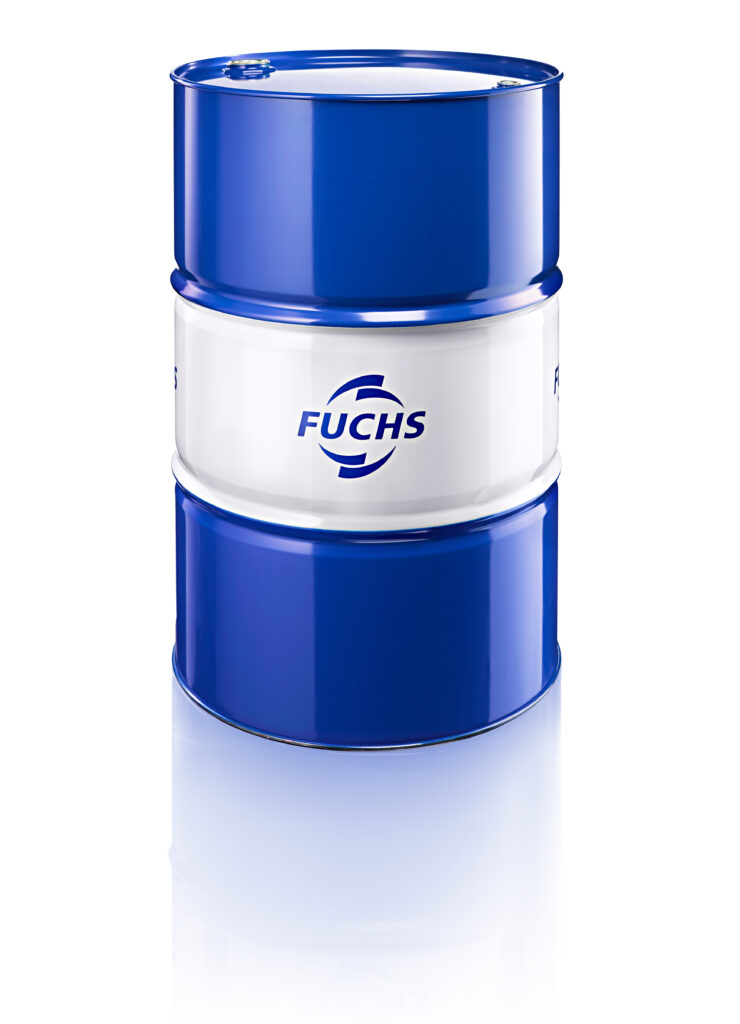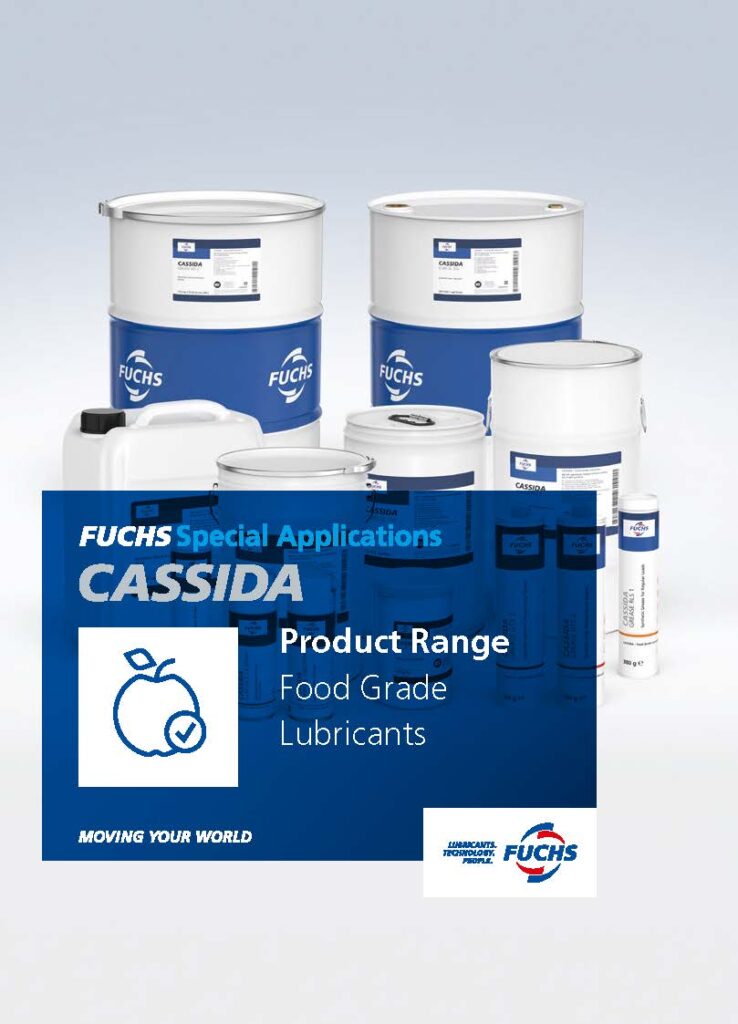Lubricants play a critical role in the sugar industry, from the initial crane yard through to the entire crushing, crystalising and packaging processes. Lubricants prevent wear and damage to equipment and reduce friction and heat.
“Using the correct lubricants, in conjunction with preventative maintenance techniques like condition monitoring, is essential to prolong equipment life, reduce repair costs in the off-crop season, and cut power consumption,” comments Ashleigh Pollen, Industrial and Speciality Manager at FUCHS LUBRICANTS SOUTH AFRICA.
FUCHS LUBRICANTS SOUTH AFRICA will be a proud exhibitor at the 11th Sugar Mac Festival from 26 to 27 June in Mtunzini, Zululand. Pollen explains that a wide range of food-safe lubricants are available for the sugar process, including packaging.
The most important lubricant in the crushing process is the journal lubricant. Here FUCHS’ products like RENOLIN SJL HEAVY and RENOLIN SJL WINTER lubricate and seal off journals and bearings against the ingress of bagasse and sugar juices. In addition, there are a few specialised products used in sugar mills themselves.
For example, WALKING CAM COMPOUND is used on the journal coupling tail bars. It has a load bearing capacity of 4 000 t, which prevents the tail bar from welding to the coupling. Welding occurs when two metal surfaces pressed together with significant force lack sufficient protection from a lubricant and fuse together.
RENOLIT LC-WP2 is a waterproof grease designed for juice pumps in sugar mills that pump crusher juices. This waterproof grease halts or retards the washout of lubricants protecting the bearings. For the crystalliser open gears, CEPLATYN SF10 is an open gear lubricant specifically designed for the sugar industry.
It is colourless or clear, allowing for easy inspection of gear condition while a machine is operating. Food-grade lubricants are required at the finishing end of a sugar milling operation. To comply with food safety regulations, these require HACCP NSF certification.
As an example of FUCHS’ proactive approach to providing customised solutions is when it was approached by sugar mill engineers to develop a product to improve on bitumen-based journal lubricants to prevent exposure from harmful chemicals. “We developed bitumen-, lead-, chlorine- and solvent-free journal lubricants to meet the specific requirements of sugar processors,” says Allan Fabian, Sales Representative.
The products consider the temperature requirements of bearings in sugar processing, which cannot run at high temperatures. Therefore, the consistency of these products means they can be pumped easily throughout the system. Here RENOLIN SJL HEAVY WINTER is thinner and lighter compared to RENOLIN SJL HEAVY.
In addition, they are environment friendly, which is important in that sugar mills in KwaZulu-Natal are often in located in ecologically sensitive areas with a variety of fauna and flora. A six-month trial resulted in the development of a specific lubricant that is sustainable, cost-effective, and provides a stable performance to reduce off-crop repairs and maintenance costs.
“We developed three variants and decided on SJL HEAVY due to its reliability and good performance,” says Fabian. SJL WINTER for colder conditions was approved by two major sugar mills in KwaZulu-Natal and has been applied successfully for almost a decade.





